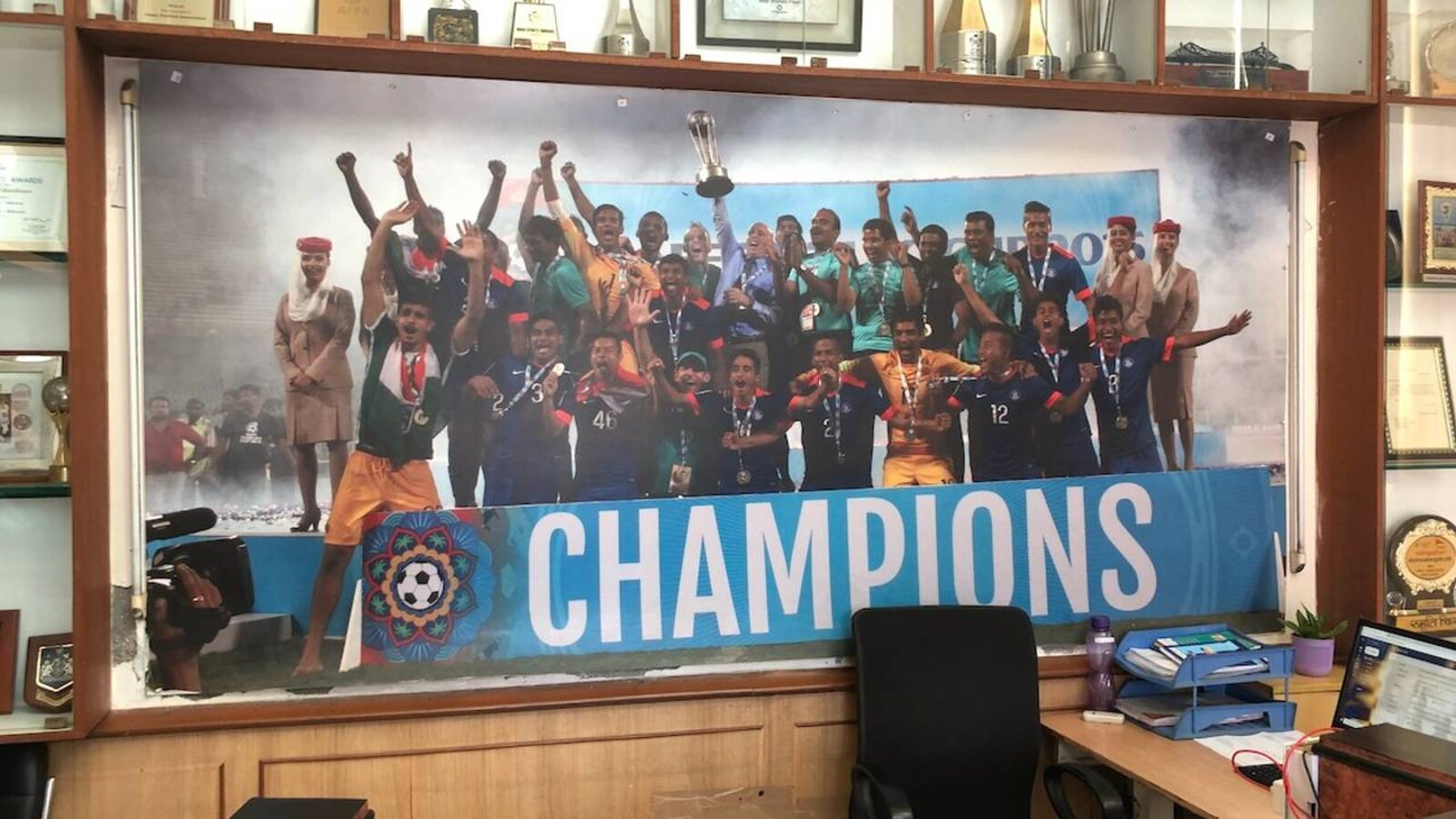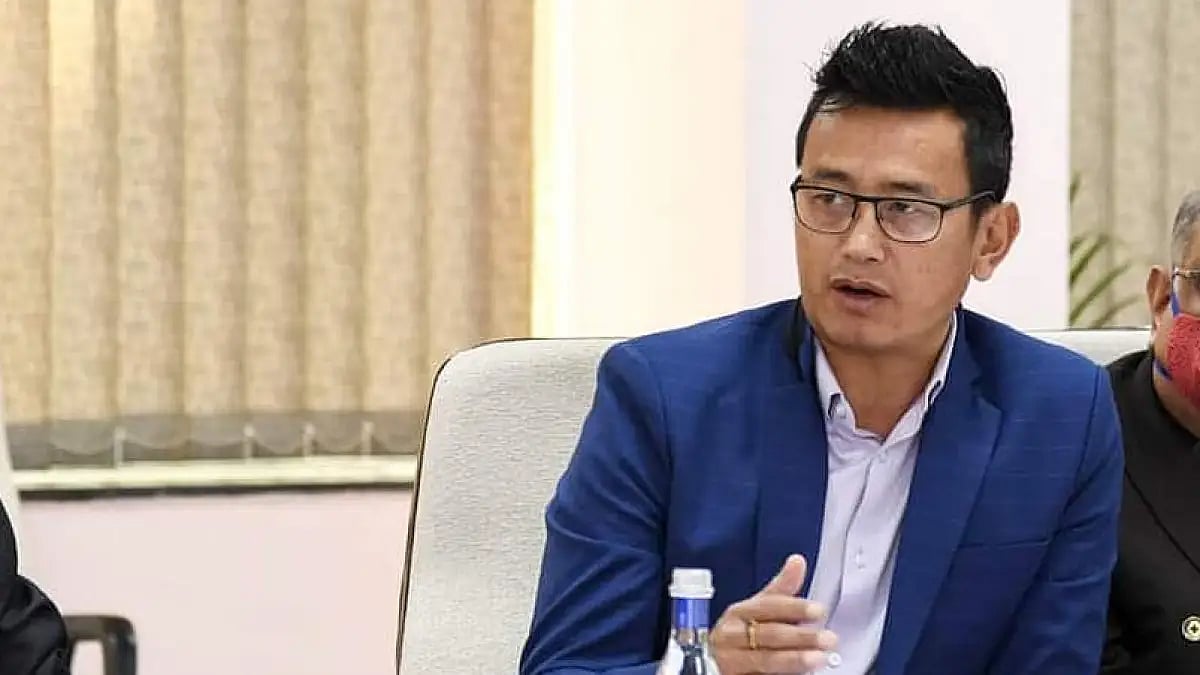
India's AFC Asian Cup Qualifier Disappointment: A Call for Change
In a critical AFC Asian Cup 2027 qualifier held on June 11, 2025, India's national football team faced a devastating 0-1 defeat against Hong Kong. This loss, compounded by a prior goalless draw against Bangladesh, has raised serious concerns about the future of Indian football. The match showcased a worrying trend for the Indian side, who struggled to maintain possession, finishing the game with only 42% compared to Hong Kong's 58%. With a mere 5 shots on goal against Hong Kong's 15, the disparity in attacking prowess became all too clear. The decisive moment came in stoppage time when Hong Kong was awarded a penalty, converted by Stefan Pereira, sealing India's fate and intensifying the scrutiny on the All India Football Federation (AIFF).

Former Indian international and captain Bhaichung Bhutia did not hold back in his criticism of the AIFF, demanding the resignation of president Kalyan Chaubey. Bhutia highlighted systemic issues within the federation, including allegations of financial mismanagement and a lack of adequate support for players. He revealed that players had not even received their daily allowances, a crucial lifeline for many athletes competing at the national level. "We've seen reports that players haven't even received their daily allowance of ₹2,500. Indian footballers don't have central contracts like cricketers. They don't earn in lakhs or crores. Their compensation largely comes through daily allowances," Bhutia stated, painting a grim picture of the situation.
India's FIFA ranking currently sits at 99th, marking yet another low point in a series of disappointing performances. This defeat against Hong Kong represents more than just a loss on the pitch; it signals a pressing need for reform within the governance of Indian football.
A Legacy of Disappointment
Reflecting on the broader situation, Bhutia lamented, "It's been a terrible two and a half to three years under Kalyan Chaubey's leadership. On-field performances have been poor, and off-field management has been chaotic." India has a storied history in Asian football, but this recent run of form has left fans and pundits alike worried about their prospects of qualifying for the 2027 Asian Cup—an event they have made a habit of attending in recent years.
The stakes of this campaign were raised higher after India's promising performances in 2023, where they clinched titles in the Intercontinental Cup, the Tri-Nation Tournament, and the SAFF Championship. However, the current trajectory suggests a stark decline, with the national team now faced with the grim reality of missing out on major tournaments.

Bhutia's comments resonate with many in the football community who are calling for accountability and transparency within the AIFF. The dissatisfaction is not merely with the outcomes on the field but also with a perceived lack of vision and strategy off it. As India fails to capitalize on its footballing potential, questions arise about the federation's ability to nurture talent and foster a competitive environment.
The Road Ahead
As the pressure mounts on the AIFF, the need for a strategic overhaul becomes increasingly apparent. The federation must address its internal issues, particularly regarding player welfare and financial support. There are calls for the AIFF to rethink its management strategies, potentially looking to successful models from other federations that prioritize player development and financial transparency.
With the AFC Asian Cup just around the corner, India must take immediate action to revitalize its footballing ambitions. The upcoming matches are not only essential for qualifying but also for restoring faith in the national program. "This is the time for change; we need new leadership that can bring fresh ideas and direction," Bhutia asserted.

Conclusion
India's defeat against Hong Kong is a stark reminder of the challenges facing Indian football today. The lamentations of players and legends like Bhutia reflect a growing consensus that systemic changes are necessary to ensure a brighter future for the sport in the country. As fans await a response from the AIFF, the immediate focus will be on how India can regroup and prepare for what lies ahead. The journey toward reclaiming a respectable position in Asian football is fraught with challenges, but with the right leadership and strategy, hope remains alive.
For further insights and updates on Indian football, you can visit the AIFF's official website and follow ongoing coverage in the sports media.